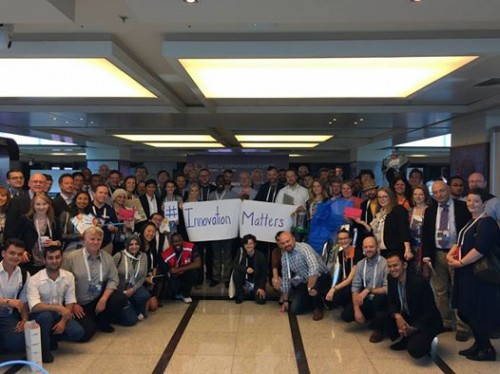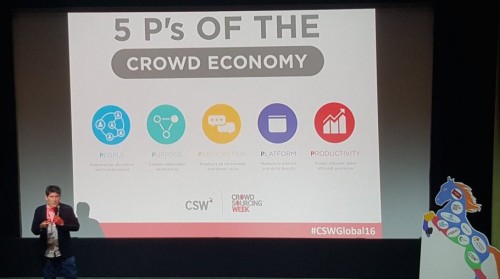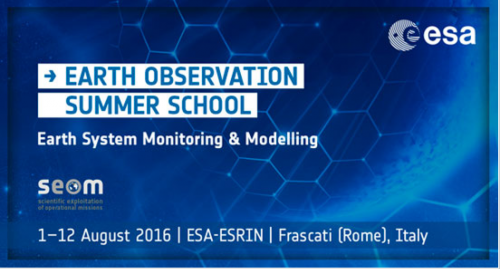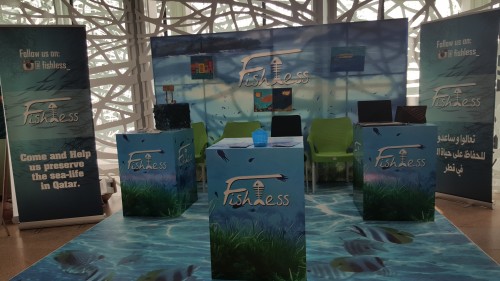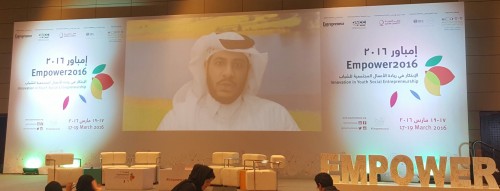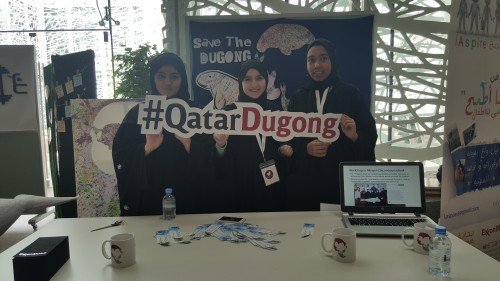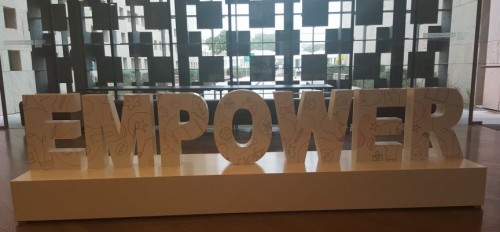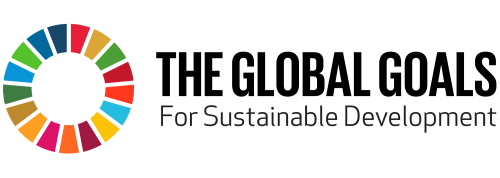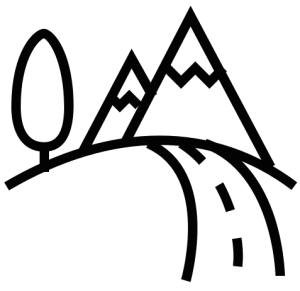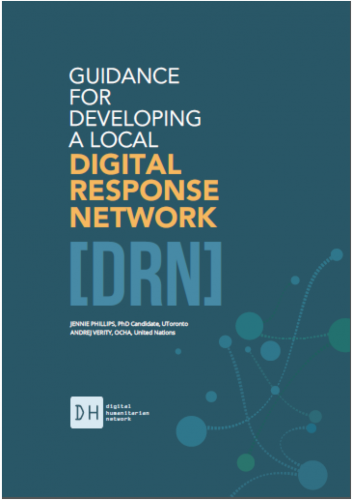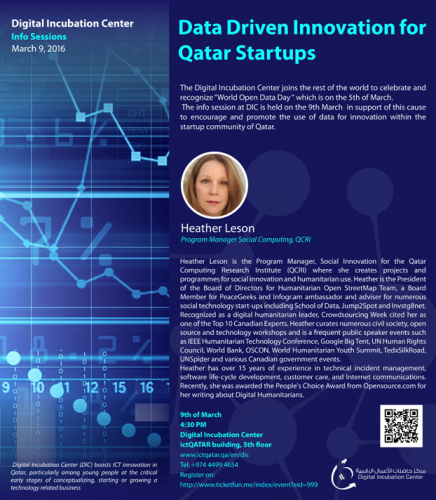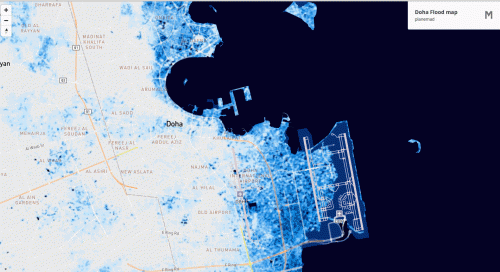Feedback loops – we’re all talking about them in the ICT and Humanitarian spaces. What about globally? What about truly implementing these? The World Humanitarian Summit collective network outputs (reports, reviews and critiques) all point to this. The Sustainable Development Goals include goal 17 “Partnerships”. For a few years, I have been saying that we need to go to more coffee shops and community centers to get to the heart of the matter. Listening and conversation have become too abstract in the impact world. The strain on programmes becomes more and more evident. This is pervasive.
The global sway this weekend really caught many off guard, myself included. I’ve been devouring articles left, right and center. But have I? Living in the middle east gives me a unique filter for news from Europe and North America. For this I am thankful. There is a constant level of hard news about life in MENA and wartorn regions. Plus, every day I see workers outside in the heat or a train of staff walking behind people with arms full of babies or packages. Migration and the ebb of globalization is very much in the forefront of life in Qatar. Am I really listening? Are you?

Lately I have been reading Chris Voss’s book on negotiation (Never Split the Difference). He writes clear crisp examples about why listening is key to affecting change for complex situations. The sense of humility and humanity in his words ring in my mind while all the other articles marinate. Including some of the latest articles by Umair Haque:
“We do not even love one another enough anymore to invest in simple things like transport, education, and healthcare. We deny one another the basics of life, and in that lack of compassion, respect, dignity, can only be found a profound chasm of love.” (Umair Haque, Love at the Edge of Time)
Well, I would say that there is a larger theme to address – we fail to actually have conversations anymore. For my age group, some call it the Facebook affect. We are talking past each other. Maybe it is the Pax (Serenity reference). This is part of why we are not getting things done. While this article is about building business networks, it speaks volumes about the state of play.
“If you want funders [Ed.note: insert stakeholder group] to go down the road with you, you need to make them feel: 1) smart, and 2) comfortable. Make that your mantra. Make it easy for them to grasp what you’re up to, and master your own anxiety so you don’t trigger it in them. We are talking about an encounter between good people who want the same things. A pitch turns it into an ordeal; a conversation makes it real. Choose the conversation.” (Kevin Starr, The Pitch Is Dead. Long Live the Conversation.)
And, here is another spin on the same topic: “The War on Stupid“.
“We must stop glorifying intelligence and treating our society as a playground for the smart minority. We should instead begin shaping our economy, our schools, even our culture with an eye to the abilities and needs of the majority, and to the full range of human capacity. “
The world shifted just a bit more, but what are the next steps? If anything, this influences how I will work in my respective field. The silos we build are self-referential. Now, it is up to us to convince organizations, funders and other stakeholders that there is value in patience and really listening. Time for a cup of coffee with strangers.
(Image credit: Coffee cup by Clockwise (Noun Project))
